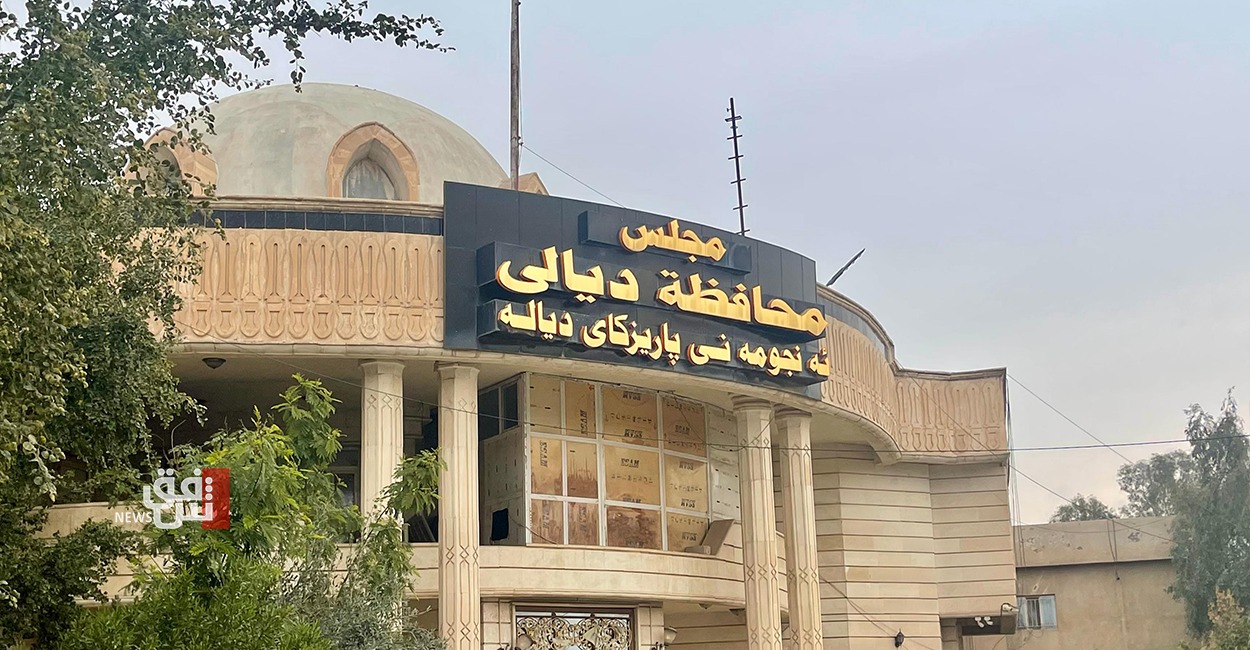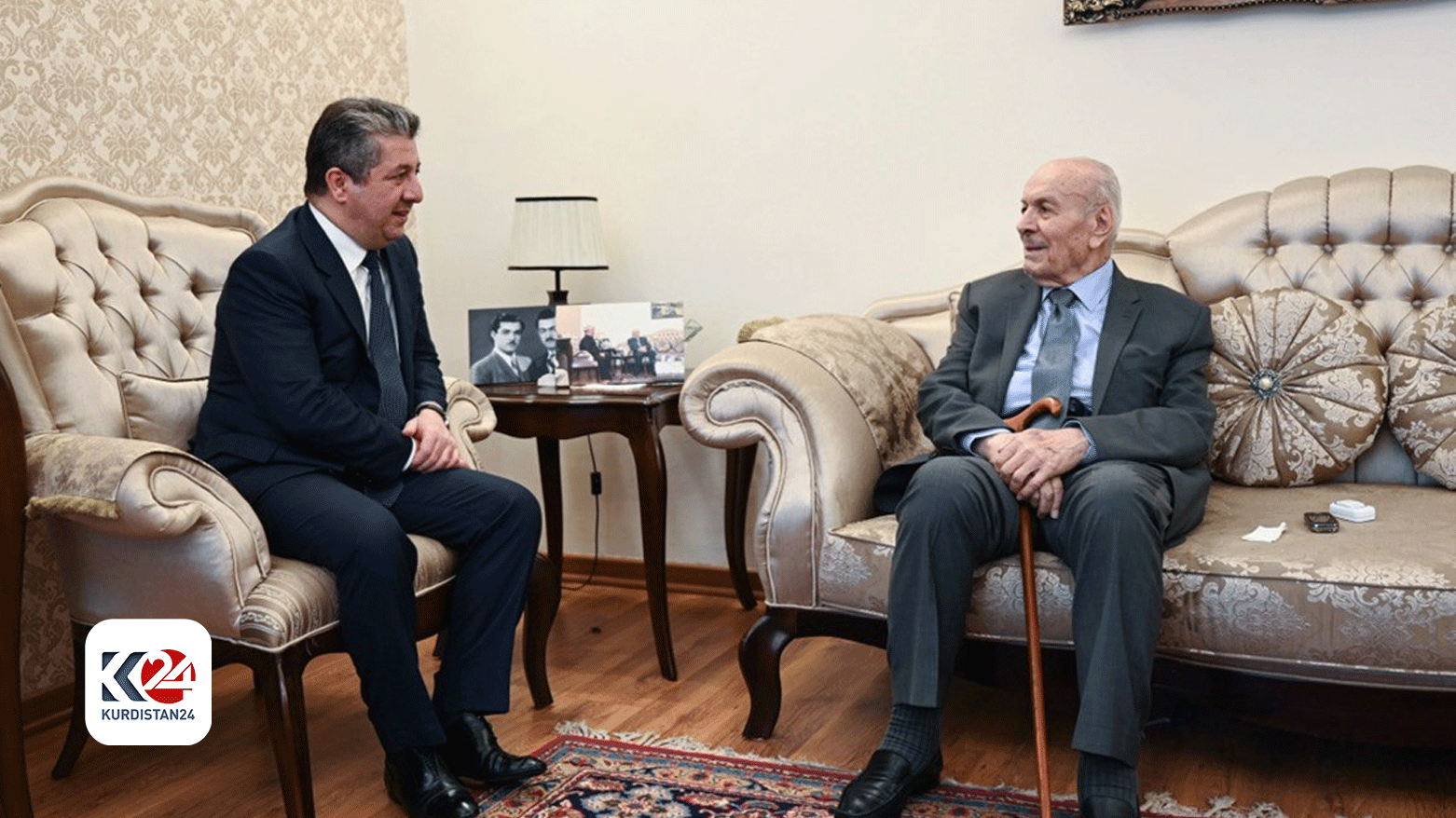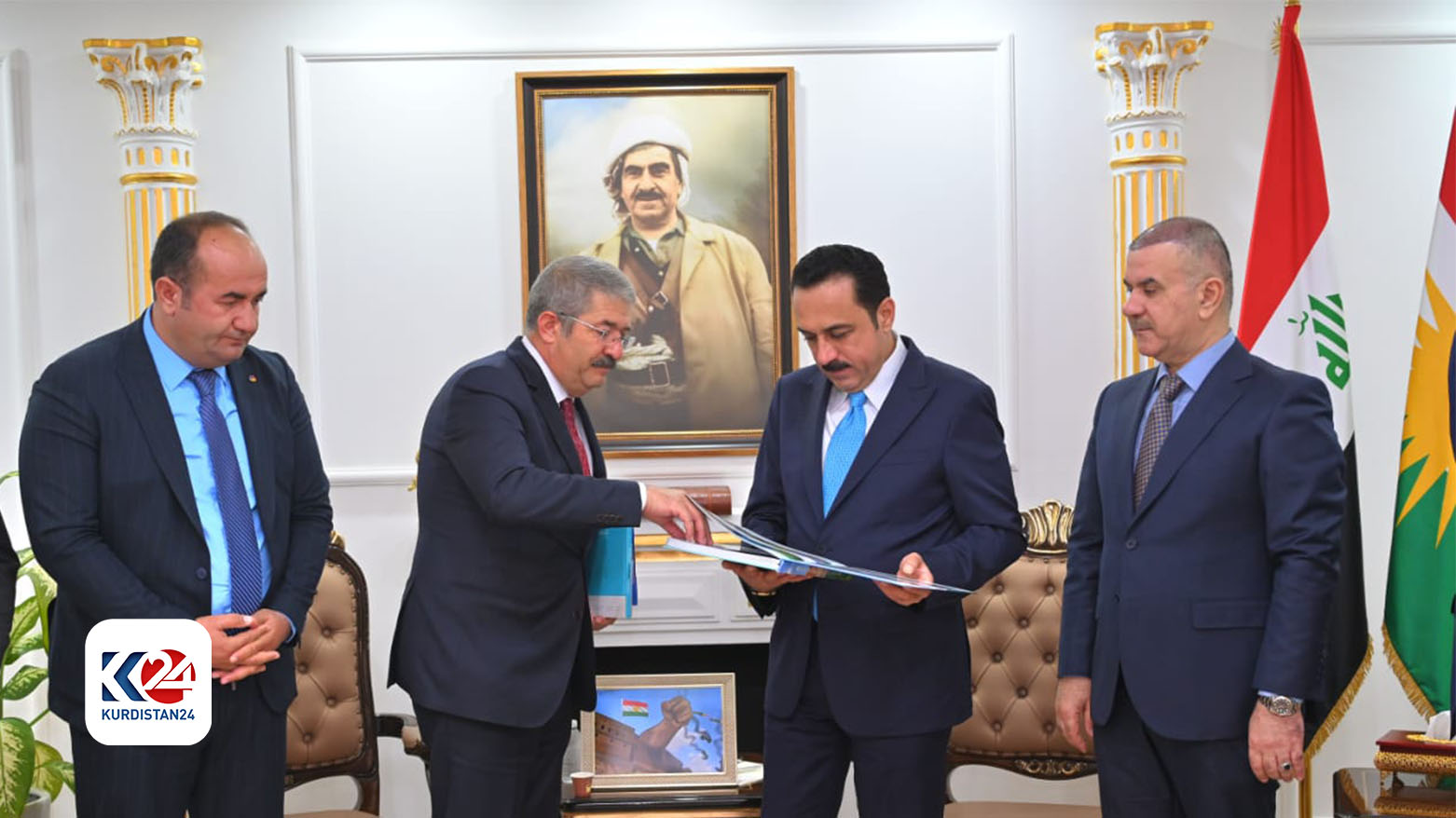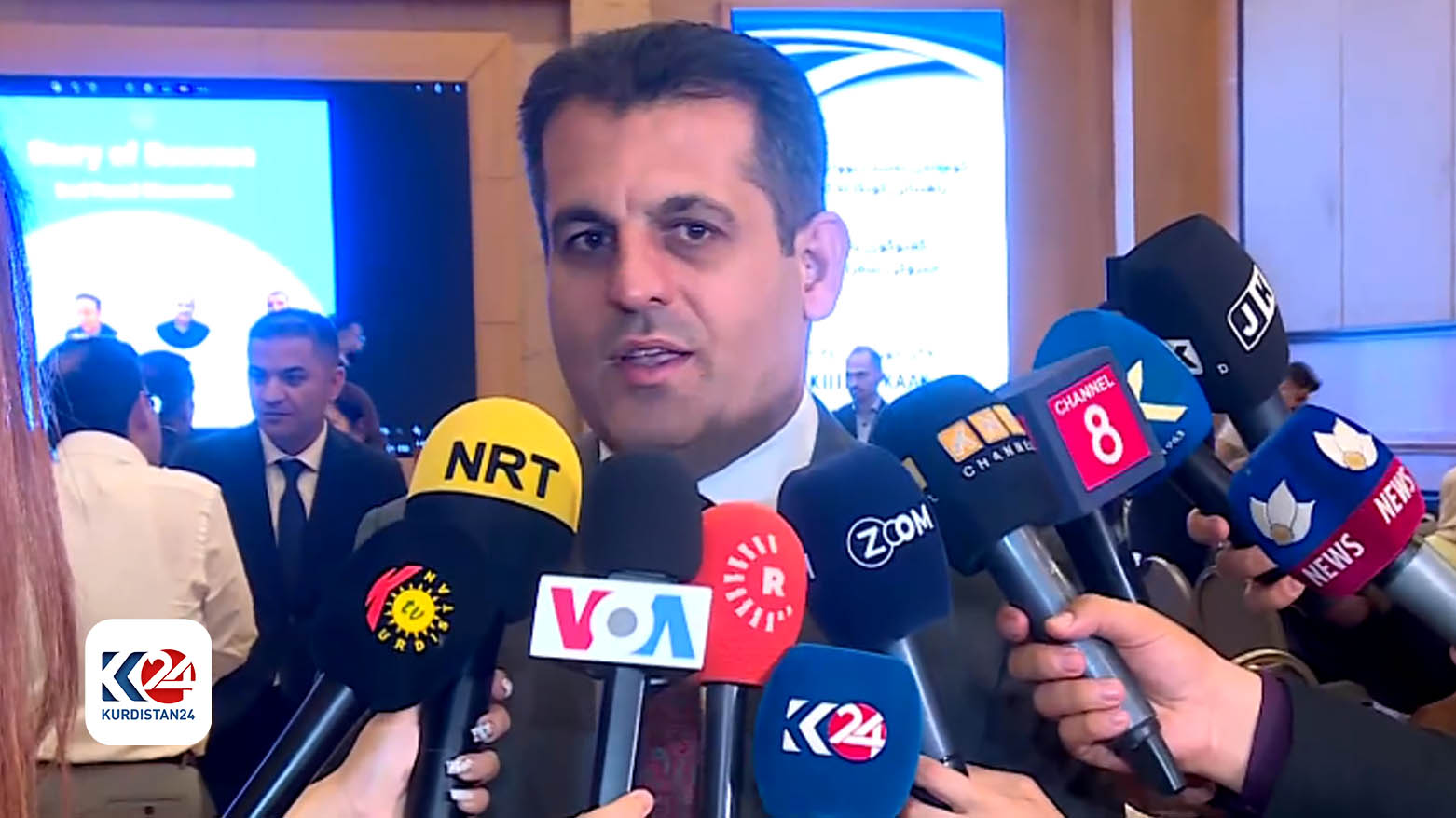Iraq faces criticism over closure of IDP camps in Kurdistan
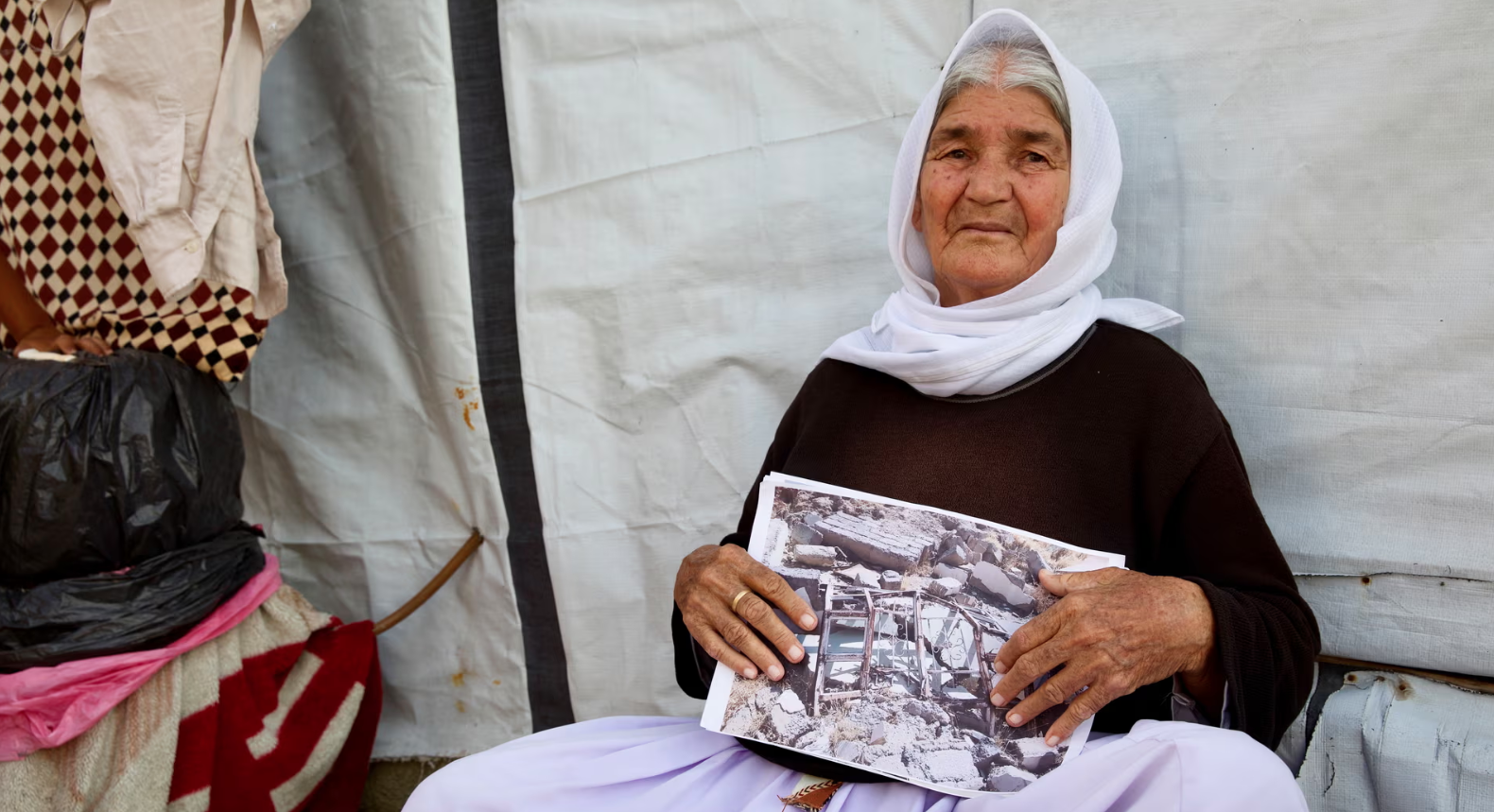
Shafaq News / The Iraqi government's impending deadline to close 23 displacement camps in the Kurdistan Region by July 30 has sparked concerns and criticism, particularly among Yazidi refugees reluctant to return to their war-torn homelands.
According to a report by the Guardian,the camps, housing approximately 155,000 internally displaced persons (IDPs), predominantly Yazidis who fled the brutal onslaught of ISIS militants in 2014, are at the center of a contentious debate over safety and preparedness for return.
Critics argue that the Iraqi government's decision to enforce the closure, originally set by the Cabinet in January, places undue pressure on vulnerable populations, many of whom endured atrocities and remain apprehensive about the security and stability of their former communities.
Johny Shibo Ali Amer, a 60-year-old resident from Sinjar, recounted how her house was destroyed by ISIS, expressing skepticism about returning unless fundamental services like electricity and water are restored.
"If the government rebuilds the area and secures electricity and water, we will return," said Ali Amer to The Guardian. "But everything is destroyed, and we have nowhere else to go."
The closures are part of Baghdad's broader effort to address the long-standing issue of displacement in Iraq, where most IDPs have either returned to their original homes or settled in informal settlements after the defeat of ISIS. However, in the Kurdistan Region, a significant number of IDPs from Sinjar still reside in camps due to the region's ongoing instability and the presence of armed groups, including Kurdish forces aligned with the Kurdistan Workers' Party (PKK).
While the Iraqi Ministry of Migration offers financial assistance to facilitate resettlement, providing each family with four million Iraqi dinars for reconstruction costs, concerns linger about the adequacy of support and the voluntariness of returns.
Bir Jafar, head of the migration and displacement department in Kurdistan, expressed doubt that the government would meet its July deadline, emphasizing the need for comprehensive infrastructure rehabilitation and community readiness before any closures can proceed.
"We have no intention of forcibly closing camps or asking people to return to their original places," stated Ali Abbas, spokesman for the Iraqi Ministry of Migration, highlighting ongoing efforts to prepare and support displaced families for sustainable reintegration.
The impending deadline has drawn criticism from international organizations, including Human Rights Watch, which warned that premature closures could force vulnerable populations into unsafe conditions or irregular settlements.
As the debate continues, Yazidi families like that of Sharif Beychou, residing in the Shariya camp near Duhok, continue to rely on food rations and limited assistance, uncertain about their future amidst the uncertainties of reconstruction and security in Sinjar.
For now, the fate of these IDPs hangs in the balance, awaiting further clarity and assurances from Iraqi authorities regarding their future and safety beyond July.


